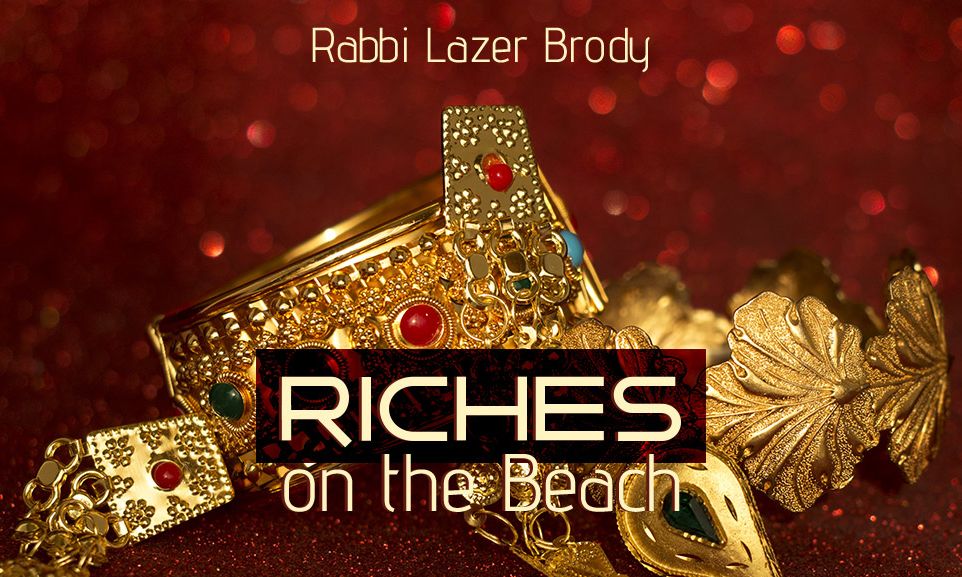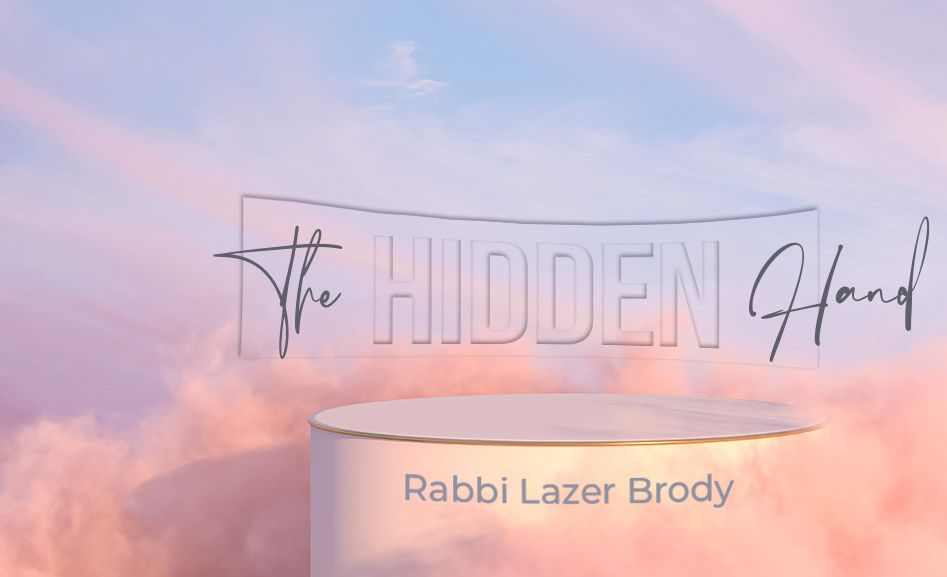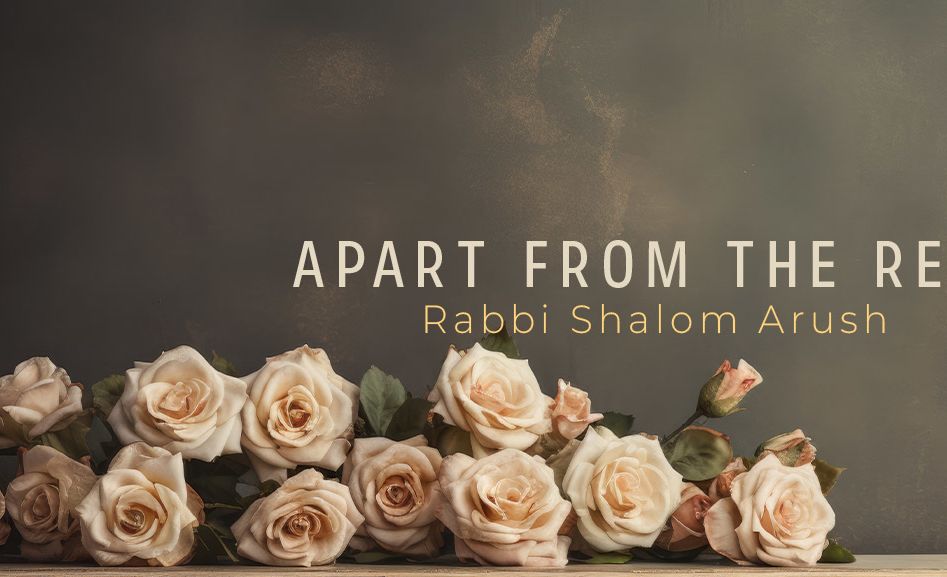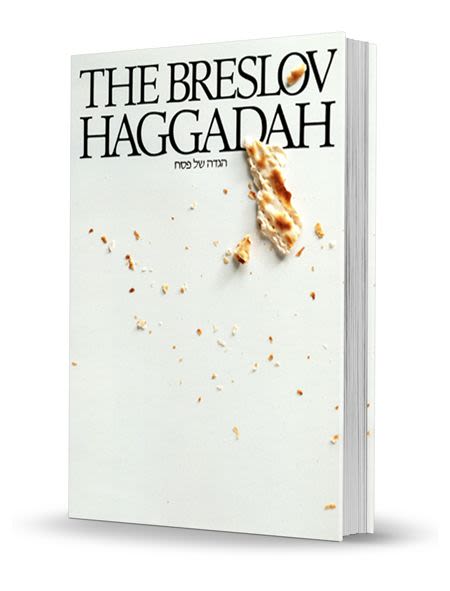
Riches on the Beach
While the Jewish People were preoccupied with gathering the booty of Egypt after crossing the Red Sea, Moses was preoccupied with the bones of Joseph...

Jewish custom on Passover is to adorn our tables with opulence – our finest silver and rarest family treasures and heirlooms. This custom has a double significance: first, it commemorates our freedom, since slaves don’t have possessions of value. Second, it commemorates the booty that washed up on the eastern shore of the Red Sea when the Jewish People left Egypt. The Egyptian chariots had been adorned with silver, gold, and rare gemstones, so after the Egyptian army drowned, tons of riches washed up on the eastern shore. The Israelites carried away whatever they could and they all became fabulously wealthy. Every Jewish man, woman, and child was busy gathering booty – everyone, except Moses.
While everyone was collecting silver, gold and rare gems, Moses was collecting Joseph’s bones. While everyone was seeking material abundance, Moses was seeking spiritual abundance. Moses implemented Rebbe Nachman’s very first teaching: look for the innate wisdom in every creation and event that comes into your life. By connecting to the innate wisdom, one connects to Hashem, for He is the source of all wisdom (see Likutei Moharan I:1). Moses saw that there was more innate wisdom in Joseph’s holy remains than there  was in all the massive treasures on the beach. He therefore opted to seek the innate Divine wisdom, for this would be an asset for posterity, as opposed to the material wealth that is here today and gone tomorrow. Moses sought wisdom – true Divine wisdom – for he knew that there is nothing in life matters more than getting to know Hashem.
was in all the massive treasures on the beach. He therefore opted to seek the innate Divine wisdom, for this would be an asset for posterity, as opposed to the material wealth that is here today and gone tomorrow. Moses sought wisdom – true Divine wisdom – for he knew that there is nothing in life matters more than getting to know Hashem.
What was so special about Joseph’s bones? They were the key in getting to know Hashem. Our sages teach us that Joseph corresponds to the sixth Divine sphere of Yesod, or Foundation. This is the sphere of personal holiness, which understandably is known in Hebrew as “holiness of Foundation” or kedushat hayesod. Rebbe Nachman teaches that personal holiness is the foundation of emuna, for without it, there is no emuna. To go a step further, without emuna, there is no genuine light of Torah. Moses knew that he would need to attain an impeccable personal “foundation” holiness in order to attain emuna and Torah. He also knew that without emuna and Torah, the Jews would not have the right to enter and subsequently dwell for posterity in the Land of Israel. King David was well aware of this when he explained why Hashem was giving the Land of Israel to the Jews, “So that they may safeguard His statutes and observe His teachings” (Psalm 105:45). Without the observance of Torah – and especially the first mitzva of the Ten Commandments, which is emuna – the Jews would have no right to the Land of Israel. And, to complete the cycle, Torah and emuna are unattainable without personal holiness. We can now understand why Moses invested all his efforts into the bones of Joseph, the true and holy tzaddik who withstood the test of temptation and therefore symbolizes personal holiness. The aspect of Joseph would therefore be the key to receiving and holding both Torah and the Land of Israel.
As we see, Moses sought his own preferred type of silver and treasures, Divine wisdom. King Solomon followed in Moses’s footsteps and also sought Divine wisdom, when he could have had anything he asked for. Inspired by Moses, King Solomon praises the quest for Divine wisdom and says, “If you seek it like silver and search for it as for hidden treasures, then you will understand the fear of Hashem and find the knowledge of G-d (Proverbs 2:4)”.
Let’s return to our Passover table. On Seder Night, there are two types of riches on the table – the material riches of the silver and the opulence, and the spiritual riches of the many mitzvot such as telling our children the story of our exodus from Egypt. This is a wonderful annual opportunity to show them the juxtaposition of the two types of riches and to explain to them the difference between the temporary nature of the material wealth and the timeless nature of the spiritual wealth. We don’t have the Red Sea silver and jewels anymore, but we still have our Torah and the mitzvot. On Pesach night, even though we incorporate the material wealth in honoring the festive table, we choose the spiritual wealth of Pesach and its many mitzvot. We follow in the footsteps of Moses, who made the same choice 3330 years ago.
This Pesach, let’s pray for the day soon when all of mankind will seek Hashem’s wisdom, and the fulfillment of the prophecy, “For the earth will be filled with the knowledge of Hashem as the waters cover the sea (Isaiah 11:9)”, amen! A happy and kosher Passover.









Tell us what you think!
Thank you for your comment!
It will be published after approval by the Editor.